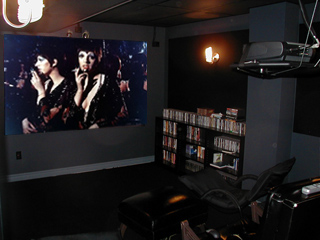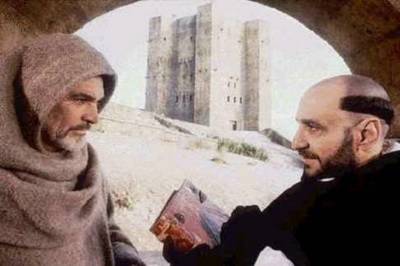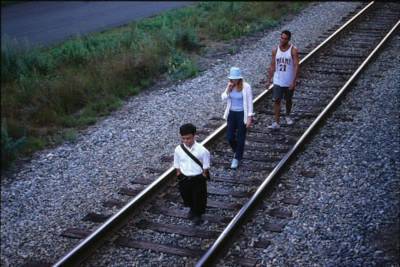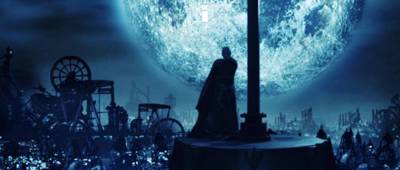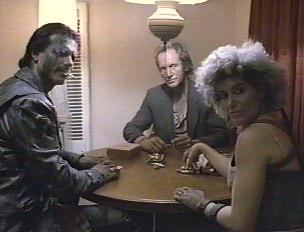House of Flying Daggers
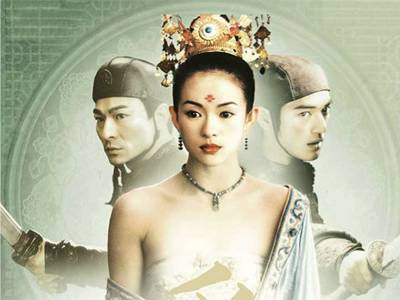
Having now seen House of Flying Daggers for a fourth time, I may have a few more things to say about it. (maybe not...)
First off, the film gets better with each successive viewing which is surprising considering the simplicity of the overall story. When I first saw the film at this years Toronto Film Festival, my initial impression was that HERO was better due to it's more compicated story structure and more politically charged thesis, but HofD was better due to it's less formal beauty. But now I like them both the same (for different reasons).
After a couple viewings the patterns rhythms of the characters actions (particularly Jin and Shou-Mei) take on a nice symmetry which adds an extra layer of beauty to the film. Their partings are re-pairings are numerous and handled with a great skill of actions and pauses not often found in melodramatic cinema.
Also, the film begins to look like a Shakespearian tragedy when you start to look closer. (Spoilers Ahead) The way loyalties and allegiance is interchanged in the second half of the film, with some of the characters knowing some things but not others (note Jin's reaction just after the 'look behind you' moment when he finds a wounded Shou-Mei) . The added layer of the colour coding matching many of the emotions in key scenes is not to be overlooked: The green forest with Leo's jealousy of the two lovers, the pink and yellow Peony pavilion with the playful Echo-dance, and of course the seasons change from fall (love triangle collapsing) to winter in the middle of the fight between Jin and Leo.
I guess I'm trying to say that there is a lot of depth as to how the film is constructed which makes up for the simplicity of the love story. This works for me. Plus, as I've said before, I really dig on the big epic melodrama when it is done right, which I believe is the case here.


